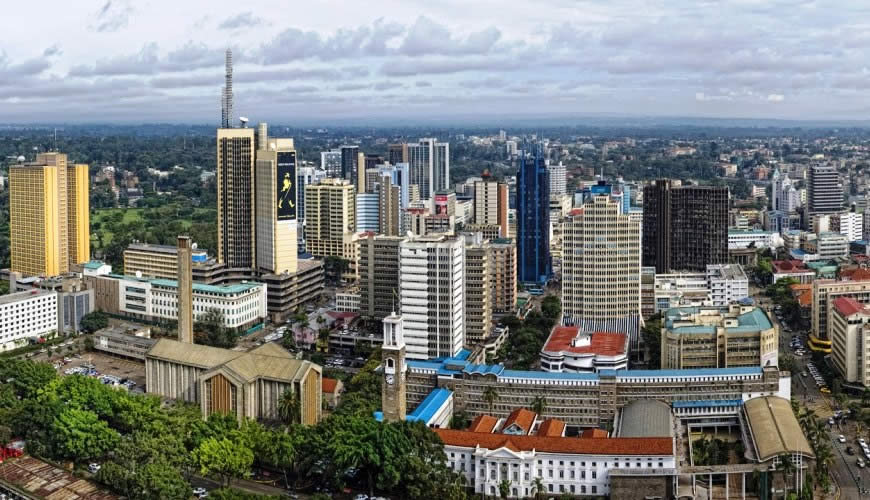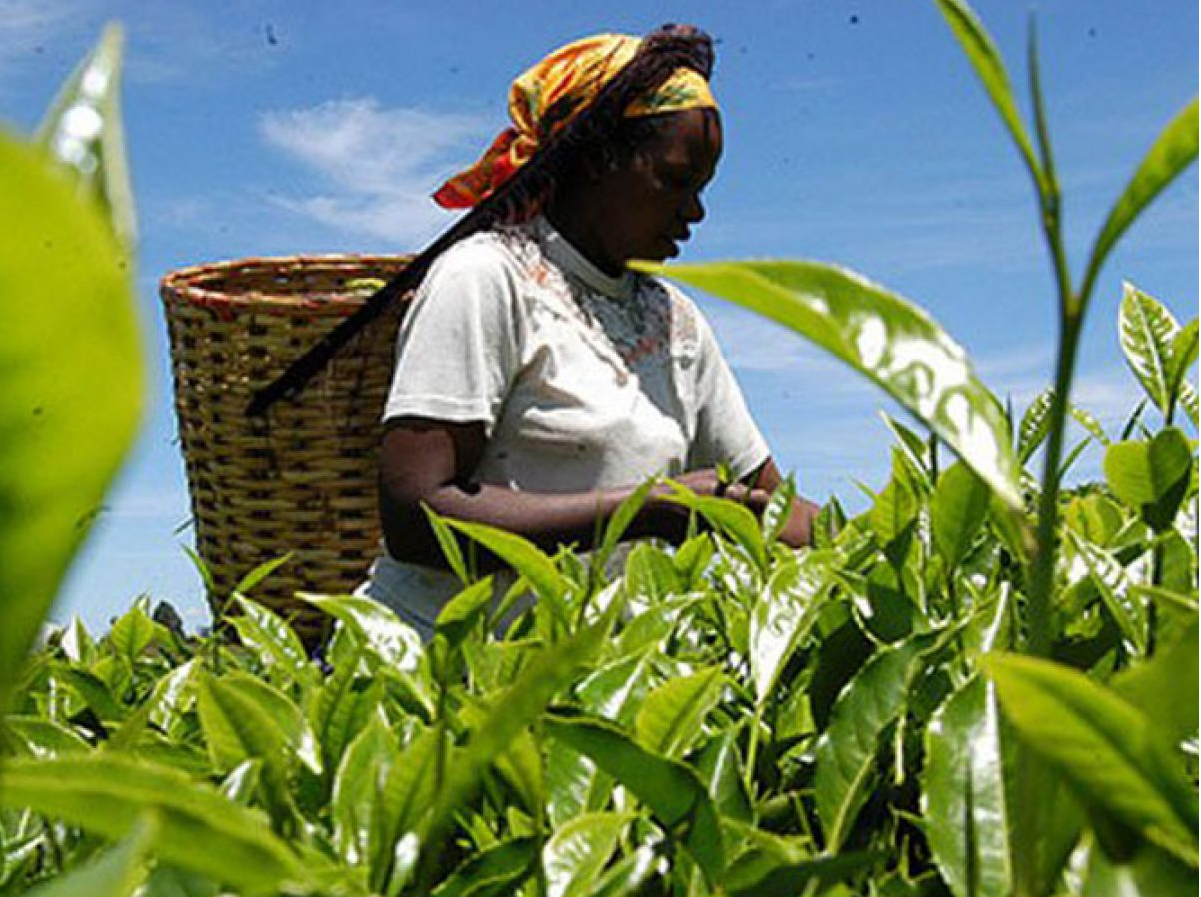Rising output and order book volumes led companies to raise their staffing levels at the start of the fourth quarter— October—, ending a seven-month sequence of job cuts on the government’s move to ease COVID-19 restrictions. The Stanbic Bank Kenya Purchasing Managers Index (PMI) shows.
According to the document, the rate of job creation was the strongest in 11 months. Despite the growth in employment, backlogs increased at the same pace as in September as capacity pressures continued.
Operating conditions in Kenya’s private sector improved to the greatest extent since the survey began in January 2014.
Output and new order growth accelerated to the sharpest on record as lockdown restrictions, associated with the coronavirus disease 2019 (COVID-19), eased during October. In response to sustained output growth, firms were encouraged to raise staffing levels, bringing an end to seven months of job shedding.
Robust increases in output requirements led to a solid expansion in purchasing activity. At the same time, strong demand for raw materials and higher staff costs led to an overall rise in average cost burdens.
The headline PMI rose from 56.3 in September to 59.1 in October, signaling the sharpest improvement in business
conditions since the survey began in January 2014.
Output rose at a substantial pace at the start of the final quarter, thereby extending the current period of expansion to four months.
“Panellists often mentioned improvements in client demand after lockdown restrictions eased further. In line with the trend seen for output, new orders rose for the fourth successive month during October, with the rate of growth accelerating to a series high,” reads the document.
Anecdotal evidence pointed to strong demand from both domestic and international markets.
Read>>>> Security Firm Pumps Sh109mn in Tech Systems
Firms raised their input buying during October, with the rate of expansion the sharpest in the series so far.
Subsequently, pre-production inventories rose markedly.
According to respondents, stocks increased in tandem with favourable predictions for future demand.
On the price front, purchase costs faced by Kenyan private sector firms rose solidly, which firms linked to higher raw material prices.
Staff cost inflation was recorded, albeit the rise was marginal. Selling prices also increased with panel members reportedly passing higher cost burdens on to customers.
After falling to a series low during September, the outlook for business activity improved slightly in October.
Firms mentioned plans to offer new products, expand operations, and improve marketing efforts.
Jibran Qureishi, the Head of Africa Research at Stanbic Bank said business confidence has been on the rise over the last couple of months, courtesy of easing domestic containment measures which in turn boosted demand which was at an all-time low in April and May.
“With lockdowns being reimposed in some major international trading partners, new orders could ease over the coming months especially if external demand falters. Moreover, with Covid-19 cases also on the rise nationally, the risk of further containment measures pose downside risks to economic activity, prompting us to be cautious,” noted Qureishi.













Leave a comment